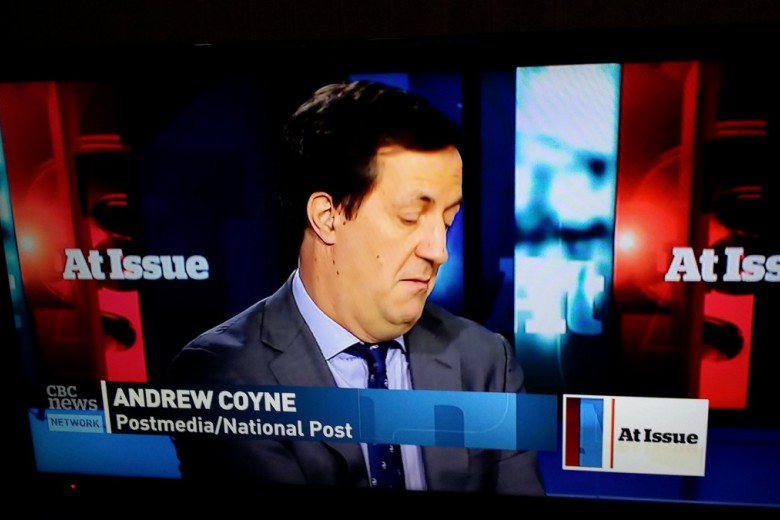
In a society where we must work to live, work is at the very core of our existence. Without work, we are deemed meaningless — non-citizens, outcasts. In the face of such dogmatic, almost religious, devotion, putting forward an alternative perspective on how to organize production and exchange seems almost heretical. It is no small task, but it is a necessary one. It requires imagination and courage to see beyond our current reality and reconsider how we measure success and happiness. Instead of constantly reacting to how awful work has become, perhaps we should refocus our attention on how work could be.
We don’t have to wait for a revolution. We can start to reinvent relationships of production and exchange in ways that are meaningful, empowering and equitable right now. Below are a few suggestions and examples of how we could radically change work, and in so doing, transform our lives. While not perfect, and certainly not yet in widespread use, these proposals offer a glimpse of what life might be like beyond the drudgery of a nine-to-five job that may pay your bills, but does nothing to feed your soul.
Get rid of money
The amount of misery that results from these thin pieces of paper and metal coins is impressive. Money is essential to wage-labour, which alienates us from the products of our work and obscures the value of what we, and others, produce. Getting rid of money may not solve all of our problems, but it would certainly help us to see the value of our work in a different light.
While barter economies have a long and rich history spanning multiple cultures, in recent years there has been a revival of exchange and trading systems that reject money as a currency of trade. Community exchange networks, which are cropping up in cities around the world, are just one example of an alternative economic relationship in which people are asked to leave their money at the door.
Community exchange networks consist of a group of people who trade products and services using a non-monetary online banking system. Members of the network exchange labour hours based on the time spent creating a product or providing a service. In this way, members’ time and labour are valued for what they bring to the community, rather than on the basis of their educational background or social status.
The Community Exchange System, a hub for community exchange networks throughout the world, indicates that exchange networks are currently operating in 29 different countries. While there are only six listed in Canada, Australia and South Africa boast 60 and 26 respectively.
Get rid of bosses
Co-operatives have long existed as an alternative way to structure the workplace from the ground up, based on the needs of workers and the community. However, to truly eliminate hierarchy in the organization of production and exchange, we need to go beyond the structure of co-operative ownership to a culture of co-operation and collective empowerment.
Michael Albert and Robin Hahnel developed the concept of participatory economics (parecon) to describe an alternative economic system founded on worker and community self-management, equality and solidarity. In this model, workers make collective decisions about the production, consumption and allocation of resources, and share an equitable division of work.
Mondragon, a co-operatively run café and bookstore in Winnipeg, strives to put Albert’s theory of participatory economics into practice. Collective members share equally in all facets of operating the bookstore and café — from the less appealing grunt work to the more creative tasks — and administrative work is rotated such that all members are able to learn the different aspects of the business. Collective members are also all paid the same hourly wage, with all tasks being valued equally. According to Eton, a collective member at Mondragon, while this model of work comes with many challenges, the rewards are more than worth it.
Start having fun
We cannot reorganize the workplace without addressing the oppressive nature of work itself. Bob Black, author of The Abolition of Work, provocatively argues that we need to stop working and start playing. He believes that we need to get away from thinking of work as something we have to do and focus our time and energies on activities that we enjoy, that we would consider play. Black defines work as “compulsory production” production that we are forced to engage in due to political or economic pressures. He contrasts this forced labour with play, something that is always voluntary and that we engage in not as a means to an end, but for the enjoyment we get from the activity itself. He’s not just talking about a good game of Wii golf here. Black uses the term “play” to describe a range of creative and productive activities that humans do for the sake of enjoyment.
It’s easy to dismiss Black’s ideas as unrealistic or impractical. What about all of those pesky tasks in life that nobody likes doing but need to be done? If we can get beyond these sorts of knee-jerk reactions, however, there’s merit to what he says. He’s not suggesting that we all sit on the beach drinking mojitos and reading romance novels, but that we should organize our lives and our communities in accordance with the desires and enjoyment of ourselves, our friends and our neighbours. I think we would be surprised at how “productive” play can become.
As the mission statement of the Boston Skillshare states, “learning is plentiful, everywhere, and need not come with price tags or expert degrees. We are all teachers. We are all students.”
Under capitalism, we have created such rigid definitions of work and labour that we have been fooled into thinking that anything falling outside of these constructed categories is inconsequential to building a thriving and well off community. Yet there is ample evidence to suggest otherwise. Skill shares, crafting circles and do-it-yourself ements are all examples of people doing what they love in a way that’s fun, collective and creative.
Enacting the world we want to see. Today.
These ideas are not pipe dreams, nor are they a vision of a utopian society that can exist only after capitalism has been uprooted. These alternatives can, and do, exist today, in the shadows of office towers and call centres.
That said, they are not cookie-cutter solutions that can be applied en masse to workplaces everywhere. They are incomplete, perhaps temporary, and insufficient to address the ever-growing and immensely complex web of challenges facing workers. These models require an immense amount of time and commitment and the ability to dream beyond what seems possible today. Start with something small, like taking the time to do the things you love and sharing things with your friends and neighbours. You might be surprised by how much can be accomplished, and how much you enjoy doing it.




_780_520_90_s_c1.jpg)

